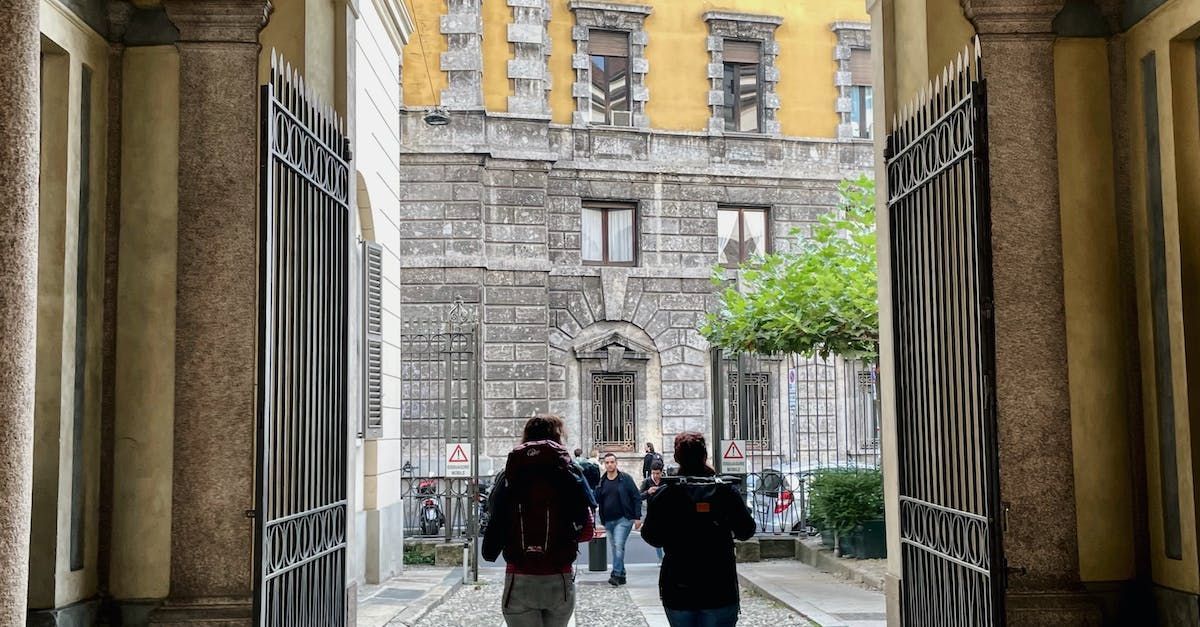A Comparative Analysis of State and Private Universities in Turkey
Study in Turkey

When considering higher education in Turkey, prospective students often find themselves grappling with the choice between state universities and private universities. Each option offers unique advantages and opportunities that cater to different preferences and aspirations. In this article, we will delve into a comparative analysis of state and private universities in Turkey, highlighting their distinctions in terms of admission criteria, academic quality, campus facilities, cost, and cultural diversity.
Admission Criteria:
State Universities:
Admission to state universities in Turkey is primarily based on the results of the national university entrance exam, known as YKS (Yükseköğretim Kurumları Sınavı). The YKS encompasses three sections: Turkish language and literature, social sciences, and mathematics. These exams evaluate students' knowledge in various subjects, and the scores they achieve determine their chances of securing a place in a state university. Additionally, certain state universities may require specific subject-oriented exams or interviews for certain departments.
Private Universities:
In contrast, private universities in Turkey generally have more flexible admission criteria. While some private institutions may consider YKS scores as part of the evaluation process, many also consider high school grades, aptitude tests, and personal interviews. This approach enables private universities to focus on students' overall potential and achievements, allowing them to create a diverse student body.
Academic Quality:
State Universities:
State universities in Turkey are typically well-established and often recognized for their strong academic reputation. These institutions benefit from government funding and support, which contributes to their ability to offer a wide range of programs and research opportunities. Moreover, state universities often house prominent faculty members who are experts in their respective fields, ensuring a high-quality education for students.
Private Universities:
While private universities in Turkey may not always have the same historical pedigree as state universities, they have rapidly evolved and garnered recognition for their innovative and specialized programs. Many private universities focus on building strong connections with industries and international institutions, providing students with practical exposure and enhancing their employability. The smaller class sizes at private universities also enable more personalized attention, fostering a closer relationship between students and professors.
Campus Facilities:
State Universities:
State universities generally have larger campuses due to their longer establishment history and government support. These campuses often encompass extensive facilities, including libraries, laboratories, sports complexes, and cultural centers. State universities also offer various student clubs and organizations that cater to diverse interests and hobbies.
Private Universities:
While private universities may have more compact campuses compared to state universities, they are known for investing in modern facilities and state-of-the-art infrastructure. These institutions strive to create a vibrant and conducive learning environment, with well-equipped classrooms, libraries, and research centers. Private universities also focus on providing top-notch recreational and extracurricular facilities to enhance the overall student experience.
Cost:
State Universities:
One of the primary advantages of studying at a state university in Turkey is the lower tuition fees. State universities are heavily subsidized by the government, making them more affordable for a broader section of the population. This accessibility attracts a significant number of students from diverse socio-economic backgrounds.
Private Universities:
Conversely, private universities in Turkey tend to have higher tuition fees compared to their state counterparts. As they rely more on private funding, the cost of education at private institutions may be a consideration for some students and their families. However, it is worth noting that many private universities offer various scholarships and financial aid options to support deserving students.
Cultural Diversity:
State Universities:
State universities in Turkey typically attract a more extensive and diverse student population due to their affordability and long-standing reputation. This diversity fosters an inclusive and multicultural environment, allowing students to interact with peers from various backgrounds and regions of Turkey.
Private Universities:
While private universities may have a more limited demographic outreach, they often attract international students and learners from different parts of Turkey seeking specialized programs and unique educational experiences. The presence of international students contributes to a more cosmopolitan atmosphere and promotes cultural exchange and understanding.
In conclusion, both state and private universities in Turkey offer distinct advantages and opportunities for higher education. State universities boast a strong academic tradition, affordability, and extensive campus facilities, while private universities excel in personalized attention, innovative programs, and modern infrastructure. The choice between the two types of institutions ultimately depends on the individual's priorities, career aspirations, and financial considerations. Regardless of the decision made, both state and private universities in Turkey play essential roles in shaping the nation's future leaders and contributing to the country's intellectual and economic development.
Here are some notable private universities in Turkey:
- Altınbaş University
- Bahçeşehir University
- Istanbul Arel University
- İstinye University
- Istanbul Aydın University
- Istanbul Gelisim University
- Istanbul Medipol University
- Ostim Technical University
- Özyeğin University
- Istanbul Sabahattin Zaim University




